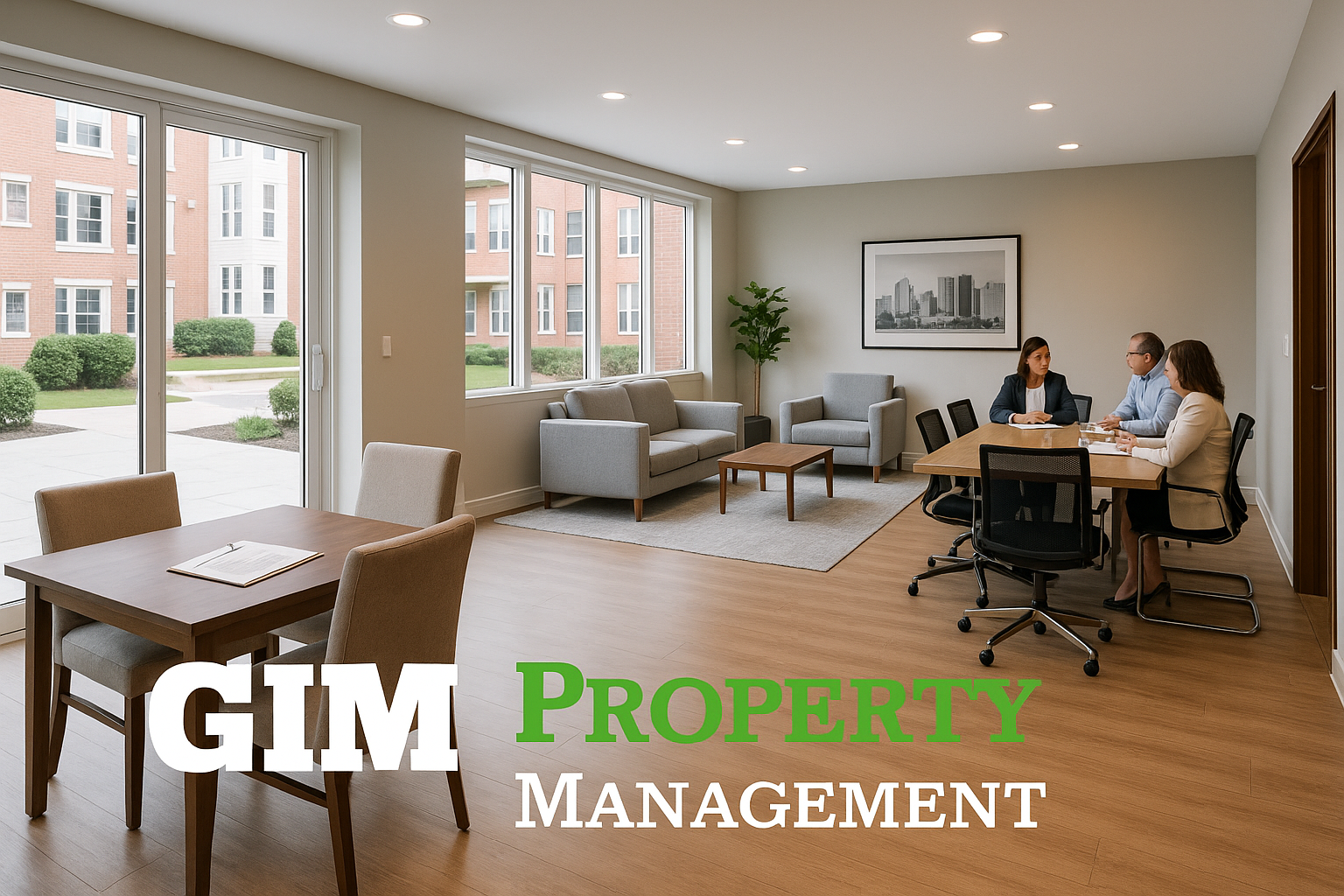Connect with Our Property Experts Today
Discover how effective vendor management can enhance property maintenance and align with community goals in Massachusetts. Learn the secrets to success.

Discover how effective vendor management can enhance property maintenance and align with community goals in Massachusetts. Learn the secrets to success.

md
In the world of property and HOA management, the success of maintaining a property hinges on the efficiency of vendor management. At GIM Property Management, we recognize that the backbone of a well-maintained community is a dependable network of vendors. It all begins with evaluating your current contractor agreements—are they cost-effective and aligned with your community's goals?
Implementing a competitive bidding process and establishing robust communication protocols with vendors can significantly enhance service delivery and minimize disruptions. How do you currently manage vendor relationships? Share your experiences and let's discuss strategies to optimize them!
Vendor management is a strategic approach to managing and optimizing a network of service providers, ensuring that property operations run smoothly. It involves evaluating, selecting, and overseeing vendors to ensure they deliver value and align with the community's objectives. This practice is essential for maintaining property standards and achieving long-term financial sustainability. Key purposes include:
Several key factors contribute to why this can be significant:
Regular assessments of existing contracts ensure that services provided are cost-effective and meet community standards.
Facilitating a competitive bidding process guarantees that the property receives the best value for essential services like landscaping and security.
Establishing clear communication channels with vendors helps in swiftly addressing issues and minimizing service disruptions.
Continuous monitoring of vendor performance ensures adherence to contractual obligations and promotes accountability.
The age and condition of a property dictate its operational needs, requiring effective vendor management to address these requirements efficiently. Routine tasks include:
Professional management adds value by leveraging expertise to maintain vendor relationships and ensure optimal service delivery.
Evaluate Current Contracts
Implement Competitive Bidding
Negotiate Better Terms
Build Strong Relationships
Monitor Vendor Performance
Leverage Technology
Prioritize Quality Over Cost
Maintain Accurate Records
Conduct Regular Audits
Develop a Contingency Plan
Need Help Managing Your Budget or Strategy? At GIM Property Management, we offer expert guidance to streamline vendor management and enhance your property's operational efficiency. Contact us today for a consultation and discover how we can support your management needs.
Effective vendor management is crucial for maintaining property standards and achieving long-term financial sustainability. By implementing strategic contract evaluations, fostering competitive bidding, and establishing clear communication protocols, property managers can optimize vendor relationships. Transparency, ongoing involvement, and practical steps are vital to balancing costs with value.
Request a consultation with GIM Property Management today and unlock the full potential of your vendor management strategy.
Reach out to learn how GIM can optimize your vendor management strategies.
Contact Us